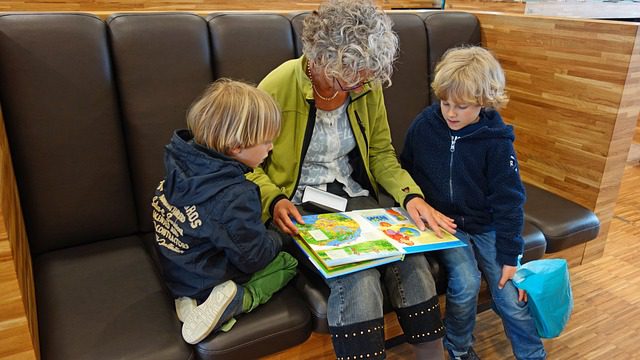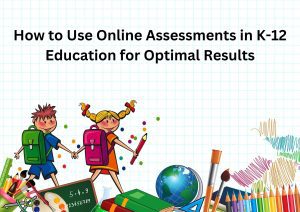The foundation of a child’s education is the fundamental ability to read. It opens the door to a world of information, creativity, and limitless opportunities. However, not all kids find learning to read to be simple. Some people could experience reading issues that impede their progress. It’s essential to provide these kids the proper assistance as a parent, caregiver, or teacher if you want to see them succeed. Today, we’ll look at seven efficient methods for helping kids who have reading difficulties.
Table of Contents
1. Early Identification and Assessment
Early detection and assessment are the first steps in helping children with reading difficulties. Early detection of reading difficulties is crucial. These symptoms might include issues with reading comprehension, phonemic awareness, and letter identification. Finding particular areas of difficulty might be aided by observing a child’s reading patterns and speaking with instructors and experts.
2. Structured Phonics Instruction
Reading improvement depends on phonics guidance. It shows kids the correspondence among letters and sounds, assisting them with accurately interpreting words. An arranged and purposeful way to deal with showing phonics is fundamental for children who have understanding challenges.
Organized phonics programs offer bit-by-bit directions, starting with essential phonemic mindfulness capacities and continuing on toward more confounded phonics standards. For example, LUCA, a reading fluency and proficiency platform, helps students improve their reading abilities by providing personalized study plans using sophisticated voice recognition to determine the letter/sound pairings that readers find difficult and correspondingly tailor a learning experience for them.
3. One-on-One Reading Support
Children who struggle with reading benefit enormously from individualized consideration. Giving a kid one-on-one reading helps empower specific instruction and takes care of the kid’s one-of-a-kind prerequisites and pace of improvement. Guardians, parental figures, or reading experts can do this.
It’s crucial to give a steady climate all through these meetings so the child feels calm seeking clarification. Reading out loud to your child, discussing the book, and being there for them when they need counsel will assist them with getting a charge out of reading and feeling more certain.
4. Use of Assistive Technology
For children who battle with reading in the present computerized world, assistive innovation might be a distinct advantage. Numerous hardware, projects, and applications are made to help unfortunate readers. To make reading more open, these advancements could incorporate sound backup, text-to-discourse ability, and movable text settings.
5. Building Vocabulary and Comprehension Skills
Reading is something other than disentangling words; it’s likewise about appreciating and taking importance from the text. Kids who experience difficulty reading could battle with jargon and understanding. It’s pivotal to focus on jargon development and appreciation methods to conquer these troubles.
6. Encourage a Love for Reading
One of the best methods to help a child who experiences difficulty reading is to encourage an adoration for reading. Contemplate the following to empower this affection for reading:
Read Aloud:
Regardless of their age, reading out loud to kids might cultivate an enthusiasm for books and narrating.
Access to Diverse Books:
Give various books that are proper for the child’s advantages and understanding level.
Visit Libraries and Bookstores:
Visits to the bookstore or library might be exciting excursions that feature the significance of writing.
Set an Example:
Set an example for others by showing your own energy for reading and books.
It requires time, thought, and various procedures to help a youth who is experiencing difficulty reading. A fruitful arrangement should incorporate early finding, methodical schooling, one-on-one assistance, assistive innovation, vocabulary building, and empowering an adoration for reading. Cooperating with instructors and specialists empowers an organized way to deal with proficiently meet the kid’s remarkable prerequisites.
Featured Image by Aline Dassel from Pixabay




